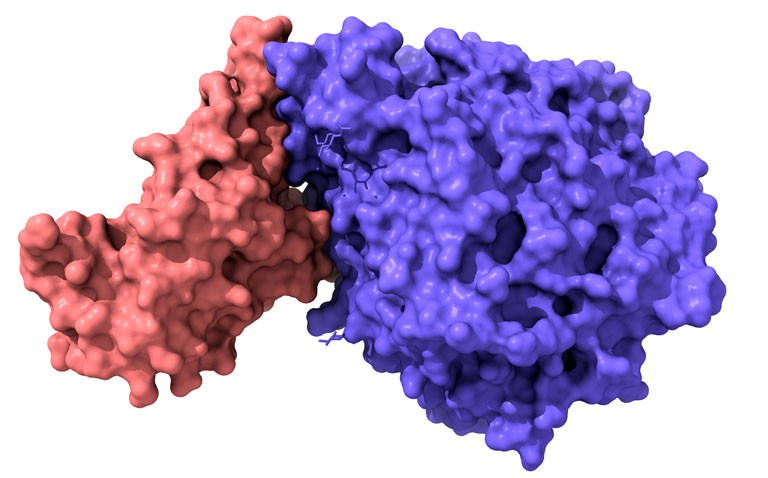Drugs affecting the renin-angiotensin-aldosterone system (RAAS) are known to increase expression of membrane-bound angiotensin-converting enzyme 2 (ACE-2) which facilitates entry of COVID-19 into cells. Therefore, uncertainty remains over whether these drugs should be stopped in infected patients.
It has been found that COVID-19 gains entry into cells through binding with ACE-2. Furthermore, drugs including both angiotensin-converting enzyme inhibitor (ACEi) and angiotensin receptor blockers (ARB), which target the RAAS, are known to increase expression of ACE-2 and thus there is a theoretical increased risk of infection with COVID-19 in patients prescribed these drugs. However, other data indicates that both ACEi and ARBs decrease acute lung damage and thus potentially offer some degree of protection against the virus. Given this uncertainty, a team of researchers from the D’Or Institute for Research and Education, Rio de Janeiro, Brazil, undertook the BRACE CORONA (Blockers of angiotensin receptor and angiotensin-converting enzyme inhibitors suspension in hospitalised patients with coronavirus infection) trial. This was designed to determine whether the discontinuation of either class of drug had an effect on the number of days alive in patients hospitalised with COVID-19. The trial included patients with a suspected diagnosis of COVID-19 hospitalised in one of 29 centres in Brazil and taking either ACEi or ARBs prior to hospital admission. Excluded patients were those for whom either drug was stopped once in hospital for clinical reasons e.g., hypotension, acute kidney injury or shock. The eligible patients were then randomised 1:1 to either discontinue or continue with their therapy for 30 days. All patients were treated for COVID-19 according the hospitals local standards of supportive care and the primary outcome was the number of days alive and out of the hospital from randomisation through to 30 days. Secondary outcomes included the length of hospital stay, death, COVID-19 progression and a range of adverse cardiovascular outcomes e.g., acute myocardial infarction.
Findings
The trial included a total of 659 patients with 334 assigned to discontinue therapy. The two groups were equally matched with the median age of the discontinuation group being 55 years (40.7% female) and COVID-19 disease severity for both groups was either mild or moderate. All patients were prescribed an ACEi (83.3%) or ARB for hypertension for a median of 5 years prior to randomisation. The mean number of days alive and out of hospital was 21.9 days for those discontinuing treatment compared to 22.9 days for those continuing therapy and this difference was not significant. In addition, there was no significant difference in mortality rates (2.7% vs 2.8%) or important between group differences for all secondary outcomes.
The authors concluded that there are no apparent benefits from either stopping or continuing with drugs affecting the RAAS in patients with COVID-19.
Citation
Lopes RD et al. Effect of discontinuing vs continuing angiotensin-converting enzyme inhibitors and angiotensin II receptor blockers on days alive and out of hospital in patients admitted with COVID-19. A randomised clinical trial. JAMA 2021










